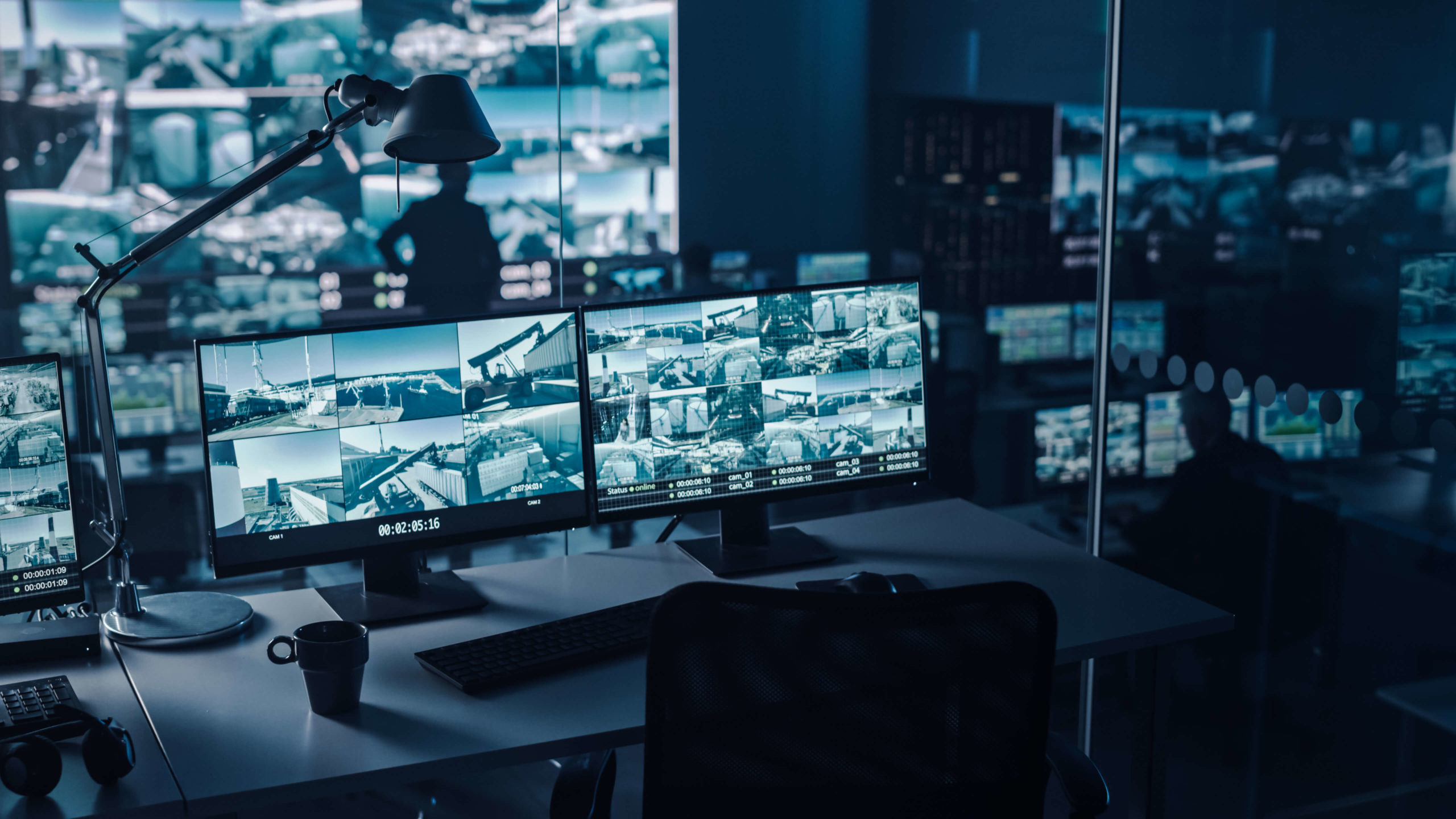In recent developments, the Pakistani government has significantly intensified its surveillance measures to monitor and track online activity within the country. This move comes as part of a broader strategy to enhance digital control and security, raising concerns about privacy and civil liberties.
Expanded Surveillance Capabilities
Last month, Pakistani security agencies received authorization to implement a range of advanced surveillance techniques. This includes the ability to listen to citizens’ phone calls, intercept messages on platforms like WhatsApp, and more. Additionally, the Pakistan Telecommunication Authority (PTA) has completed trials for a new firewall designed to control and filter social media content.
While the specifics of the surveillance software and its operational details remain unclear, it is reported that Pakistan is acquiring this technology from a variety of international firms. The increased surveillance capabilities reflect a growing trend towards enhanced digital monitoring, raising questions about the balance between security and individual privacy.
Acquisition of Advanced Surveillance Technology
According to Surveillance Watch, an organization that monitors and documents global surveillance activities, Pakistan is procuring spyware and tracking software from over 15 companies worldwide. This includes firms from the United States, China, Israel, and other nations. Surveillance Watch provides an interactive map that illustrates the global network of surveillance technology providers and their clients.

Surveillance Watch’s Mission
Surveillance Watch aims to shed light on the covert surveillance industry and the companies involved in it. Founded by privacy advocates who have been personally affected by surveillance technologies, the organization seeks to expose the entities profiting from these technologies and the risks they pose to privacy and civil liberties. The website highlights various surveillance companies and their technologies, including:
- Q Cyber Technologies SARL: An Israeli firm known for its involvement with the NSO Group, which sells Pegasus, a sophisticated hacking tool. Pegasus is renowned for its advanced capabilities, including the ability to remotely access and monitor smartphones.
- Predator: Another surveillance technology provider with capabilities similar to those of Pegasus, offering tools for monitoring and data extraction.
- Gamma Group: Known for its range of surveillance products, including software for phone and internet monitoring.
- I-Soon: A company involved in providing various surveillance solutions, including spyware and facial recognition technology.
These companies supply a wide array of surveillance tools, such as facial recognition technology, spyware for smartphones, video surveillance systems, voice-to-text transcription for intercepted phone calls, and deep packet inspection. The acquisition of such technologies raises significant concerns about privacy and the extent of government control over digital communication.
The Impact on Privacy and Civil Liberties
The expansion of surveillance capabilities in Pakistan has sparked a debate about the implications for privacy and civil liberties. While proponents argue that enhanced surveillance is necessary for national security and public safety, critics raise concerns about the erosion of individual freedoms and the potential for abuse.
The ability to intercept phone calls and messages on platforms like WhatsApp represents a significant intrusion into personal privacy. This capability allows authorities to monitor private communications and potentially misuse this information. The implementation of advanced surveillance technologies also raises questions about the safeguards in place to protect citizens from unwarranted surveillance and data breaches.
The Role of the PTA and Firewall Trials
The Pakistan Telecommunication Authority (PTA) has played a key role in the recent developments related to surveillance. The PTA’s completion of firewall trials is a crucial component of the government’s strategy to control social media content and regulate online communication. The firewall is designed to filter and block access to certain websites and platforms, contributing to the broader surveillance and control measures.
While the PTA’s efforts to regulate online content aim to address security concerns, they also raise questions about freedom of expression and access to information. The balance between maintaining security and ensuring open access to digital platforms is a critical issue that needs careful consideration.
Global Context and Comparisons
The acquisition of surveillance technology by Pakistan is part of a larger global trend where governments are increasingly investing in digital monitoring tools. Many countries are adopting similar measures to enhance security and control online activity. However, the extent and nature of surveillance vary widely across different nations.
Comparatively, countries like China and Russia have implemented extensive surveillance systems to monitor and control online activity. These systems are often criticized for their impact on privacy and freedom of expression. Pakistan’s recent steps towards enhanced surveillance place it in a similar category, raising concerns about the implications for civil liberties and privacy.
Public Reaction and Future Prospects
The expansion of surveillance efforts in Pakistan has elicited mixed reactions from the public and civil society. Privacy advocates and human rights organizations have expressed concern about the potential for abuse and the impact on individual freedoms. The increased monitoring of digital communications raises significant questions about the protection of personal data and the potential for government overreach.
As Pakistan continues to develop and implement its surveillance capabilities, it will be important to monitor the impact on privacy and civil liberties. The balance between security and individual rights will be a key factor in determining the effectiveness and acceptability of these measures. Ongoing public discourse and scrutiny will be essential in ensuring that surveillance practices are conducted transparently and in accordance with human rights standards.


Leave a Comment